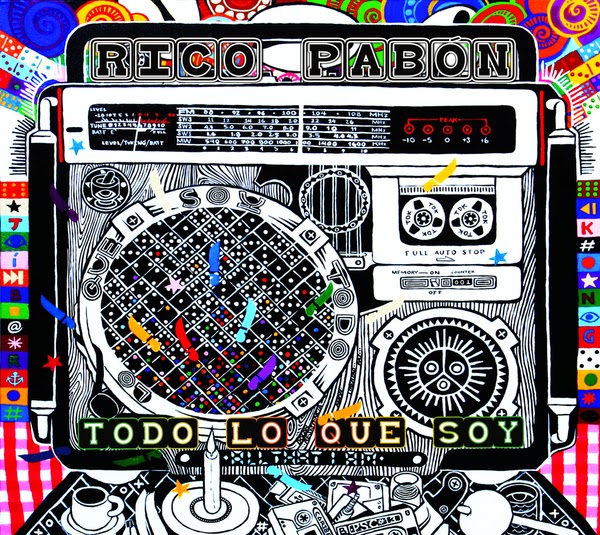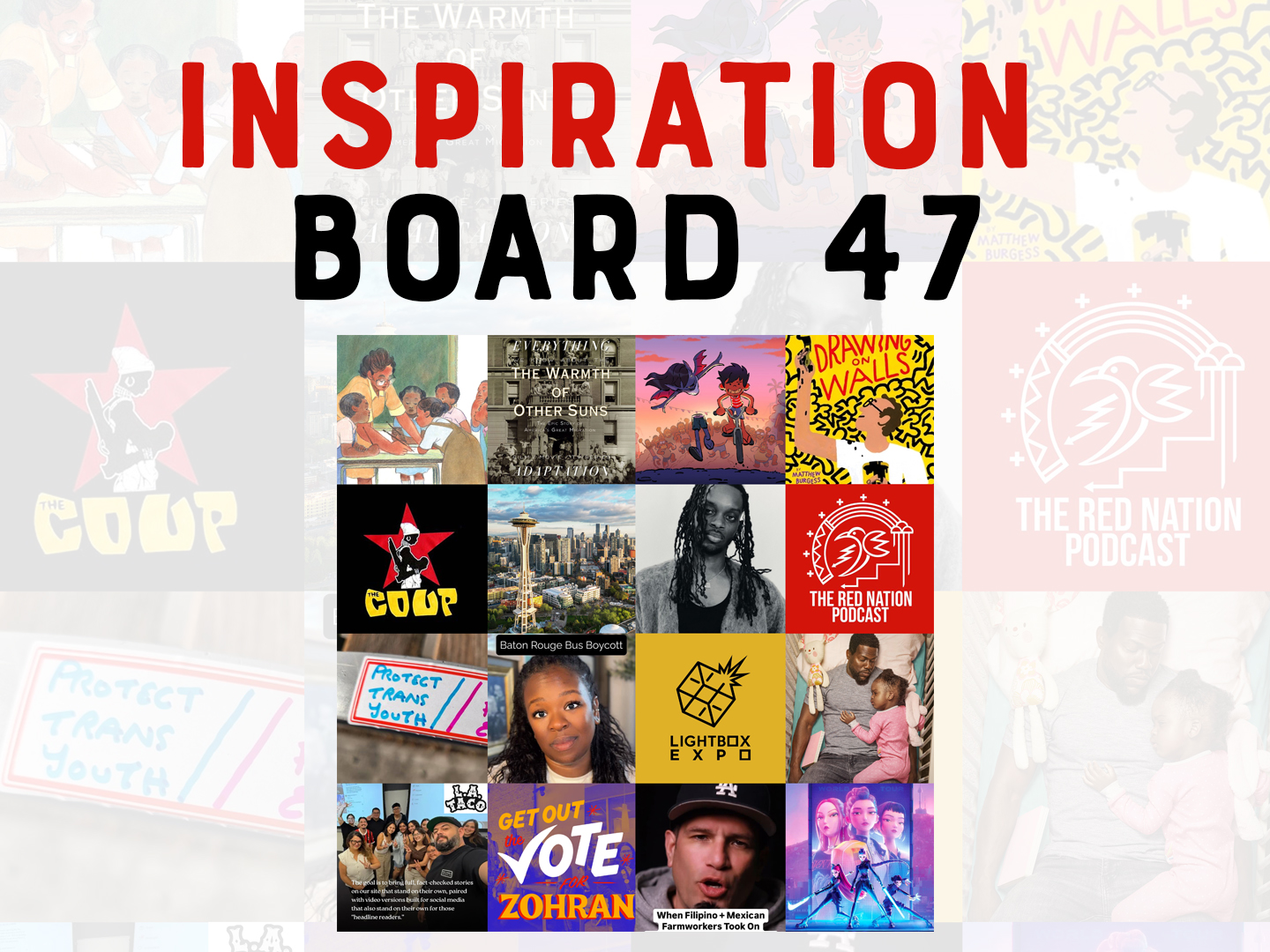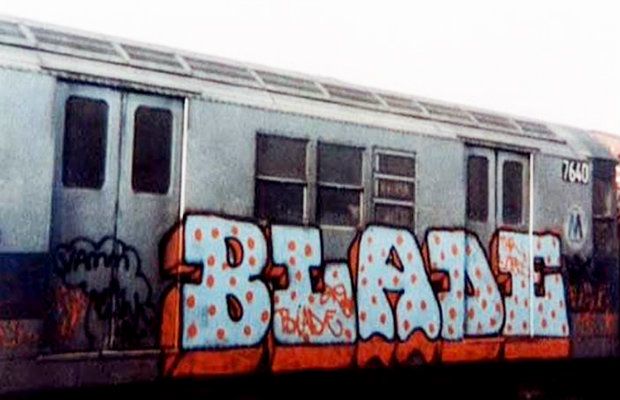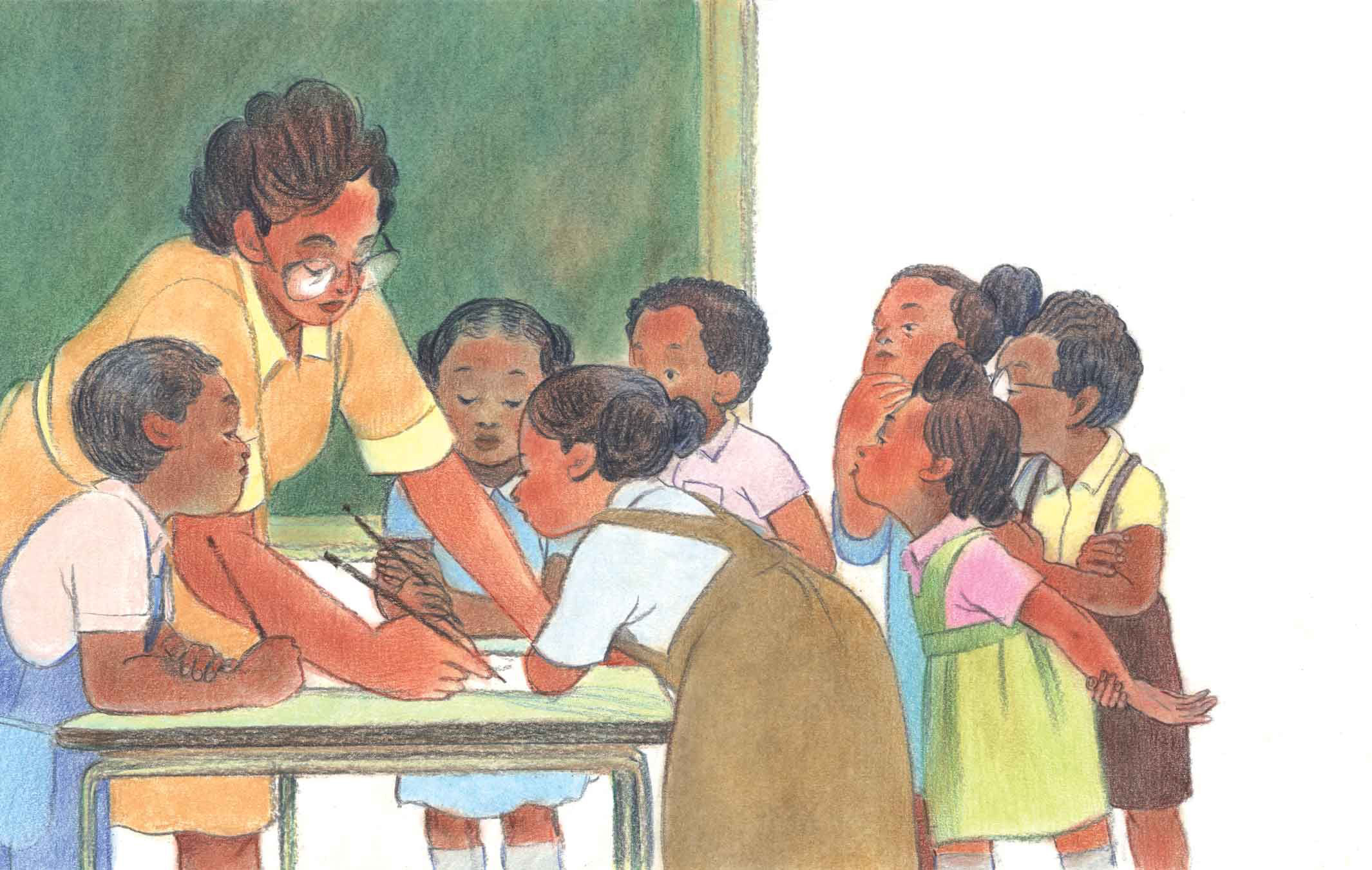This is an older interview I did with Bay Area great Rico Pabon. If you are familiar with his exploits as an artist or new to him, this is a great chance to get to know him. I have been watching the brother’s name and work since I was a teen and recently had a couple of chances to just chop it up about music, fatherhood, life , etc. Not to mention the delicious restaurant that his family ran for a few years in East Oakland called “Sofrito”. This interview was a bit late for the usual Muphoric post, but it was so good I wanted to share with you what the brother has to say.
1. How would you describe Rico Pabon and the work you do?
If I had to describe myself, I’d say I’m a dreamer and storyteller who believes that magic happens in life and believes in the power of music to change the vibration of the soul. I believe that words have that same power, if not more, to change a person to their core, so my work is primarily as a wordsmith but I also produce most of my own music. The goal of my work is to contribute something positive to the world with the intention of helping make it a better place.
2. When did you get your start in music? Who has helped you along the way?
I was born into a family of musicians and music lovers so I learned to play the clave as a baby. I started doing my thing within the music business at around 16, when I formed the group Prophets Of Rage with my good friend A.D.
There are so many people who helped me along the way that I hesitate to name any of them. I will say this; my friends and community have always supported and encouraged my work. I’ve had managers who were so much more than managers. They were record labels, counselors, artistic development folks, investors, drivers, chauffeurs, big brothers, and father figures. I will always be indebted to them. My wife has been one of my main supporters from long before she was my wife.
3. How did music play a part in your life and family? What were those first influences? Who would you say are you influenced by?
Since all of my uncles and my aunt had a salsa band, music was just an every day part of growing up. (My mother was 15 years old when I was born so my formative years were spent with her in my grandparents home, where everyone lived at the time.) When I was a little bit older, around 13 or so, hip hop music in particular helped me through some very rough times. Hearing the lyrics in the songs that talked about some of the same struggles I was having at home gave me some sense of peace and the songs that were just feel good songs did just that; make me feel good.
My family was my first influence. My uncle always had a rehearsal and later a recording studio that was always open to us kids. He and the rest of my uncles and aunts were always encouraging us to play an instrument, make a group, or put on a show of some sort. There have been numerous family groups over the years because of them. Some of my other influences early on were KRS ONE, Rakim, Big Daddy Kane, Public Enemy, Poor Righteous Teachers, Slick Rick, EPMD, and other non hip hop artists like Prince, Stevie Wonder, Ruben Blades, Bob Marley and Michael Jackson. I’m mostly influenced by KRS ONE, mostly because of his dedication to speaking words that uplift and educate and his endurance over the years of going against the grain and keeping his integrity. I also am influenced by Stevie Wonder and Ruben Blades for similar reasons. They both seem to recognize the power in their words and also seem to feel compassion and empathy for humanity as a whole, and they both continue to sing songs of change and hope.
4. You’ve been member of various groups in the Bay Area, one being Prophets of Rage. What other groups have you been a member of or collaborated with? And how were those experiences in a group dynamic?
I’ve also been part of a ten piece Latin fusion band called O-Maya and later Agua Libre, a similar blend. The group dynamic is both challenging and rewarding. The challenges are mostly in the varying schedules of everyone involved. I have learned to make music only with people I vibe with and who hold my same values so the personality conflicts have never really been a problem for me. It is rewarding in many ways, but the most rewarding moments for me are when everyone is in there own zone, but totally locked in together. It’s a spiritual thing that the audience and musicians feel, and it only happens when we’ve been spending time building together as a group of friends, as a community of artists with one intention.
5. In listening to your rhymes patterns, I notice you often go between Spanish and English, which adds an interesting flow to your work? What is your intention of including the Spanish language?
Honestly, I only write in Spanish if the beat tells me to. Sometimes I just hear it in Spanish and I don’t question my muse. What does end up happening though, is that even though Spanish is my second language, it’ so descriptive and beautiful that I find it hard to go back to English. It’s also more naturally rhythmic than English so it makes it interesting when I blend the two together.
6. What is your process when creating a song? What are the things you typically do? At what point do you include musicians and other collaborators?
Sometimes I have a topic or lyrical inspiration and I write out the words and harmony and build the song around that. Then I bring in other folks to play what I played, but do it better! Just kidding mostly, kind of! Other times I will make some music based around a sound or lick from an old song and I’ll build it up until it’s something new, then the lyrics come. I find it hard sometimes to write to my own music because I can’t get my “producer ear” to shut off. I keep hearing the nuances of the beat that I like or want to change and it’s sometimes difficult to just hear the music as a song and not as a project that I’m building up.
7. “Nadie va llorar” and “Lo dedico a mi mama” are my favorite songs from the LP. Can you talk about what those songs mean to you and how they were born?
“Nadie Va Llorar” is written in a traditional Bomba Yubá Corteado style and is a song about a revolt on a sugar cane plantation during the time of slavery in Puerto Rico. I wanted to write a song that might reflect the true emotions of someone who had lived through the atrocities of slavery because most of the traditional Bomba songs that survived and are known today are about celebration, relieving stress and local stories about every day people. Some songs of revolt survived, but not many that I know of. In my song, the previous night there was a revolt and the plantation was burned down, and the slave master died. The song talks about the horrible man that he was, what his crimes were, and why no one would cry at his wake.
“Lo Dedico A Mamá” I wrote on the morning of my birthday a couple of years back. That morning I woke up before my children and my wife advised me that they wanted to surprise me with breakfast in bed so when I heard them wake up, I snuck back into my bed to pretend to be asleep and wrote the chorus “Today is my birthday and I dedicate it to my mother. She gave me life, was my guide and friend so today I will celebrate you.” (It sounds better in Spanish, right?) Then my children came in to my room and threw rose petals all over me and gave me love. Later that day I wrote the rest. “This morning I woke up celebrating my birth. Today I celebrate another year and I’m full of emotion. My children woke me up throwing flowers on me, with the smell of coffe straining and the kisses of my Taina.” (Also, better in Spanish!)
8. I read an interview of yours, and have heard you mention many times on stage, you talking about using your music as a tool for social change in activism, freedom, and fighting against oppression. Why do you think it is important to connect the two?
Art speaks to peoples hearts and opens their minds. I believe that with art, we can plant many, many seeds of hope for the future. A good artist is a farmer of young minds, sowing seeds and not planting land mines. Putting ideas into the world that make it a better place and introducing new ideas and new ways of thinking and acting. A good wordsmith has the power to take ideas and make them traditions. Any topic that is important for humans to be paying attention to will get more positive attention if it has a soundtrack. Art is the most important and effective vehicle for passing information and emotion.
9. Are there any younger musicians you’ve mentored or helped nurture their talent?
I’ve done quite a few writing workshops with the youth, and have had many of my former “students”, if I can call them that, go on to become extremely talented writers and performers, but I say this humbly, because the talent that they have is what they always had. I usually just co-sign their dopeness and guide them into areas that will naturally make them think critically about a given topic.
10. Are you involved in any organizations or programs? Can you tell us about that?
I’m currently organizing my three children’s lives and trying to program them to be better human beings than I. 🙂
11. What are you working on now? Any upcoming performances?
I’m currently recording another hip hop album that will be out by the summer time 2014. I started writing and making the music for it while in the mixing process for “Todo Lo Que Soy”. The songs just wrote themselves, this time all in English. The album is called “Father’s Day” and it is some grown people hip hop.
12. Who are you listening to now?





